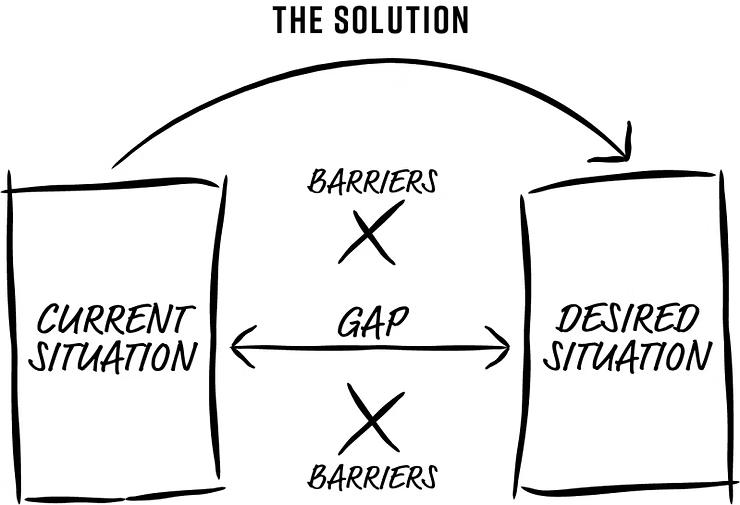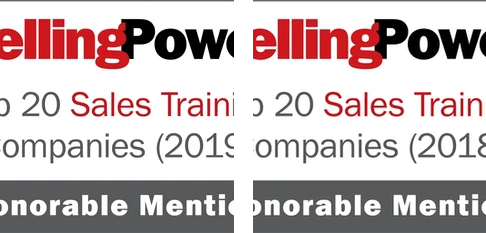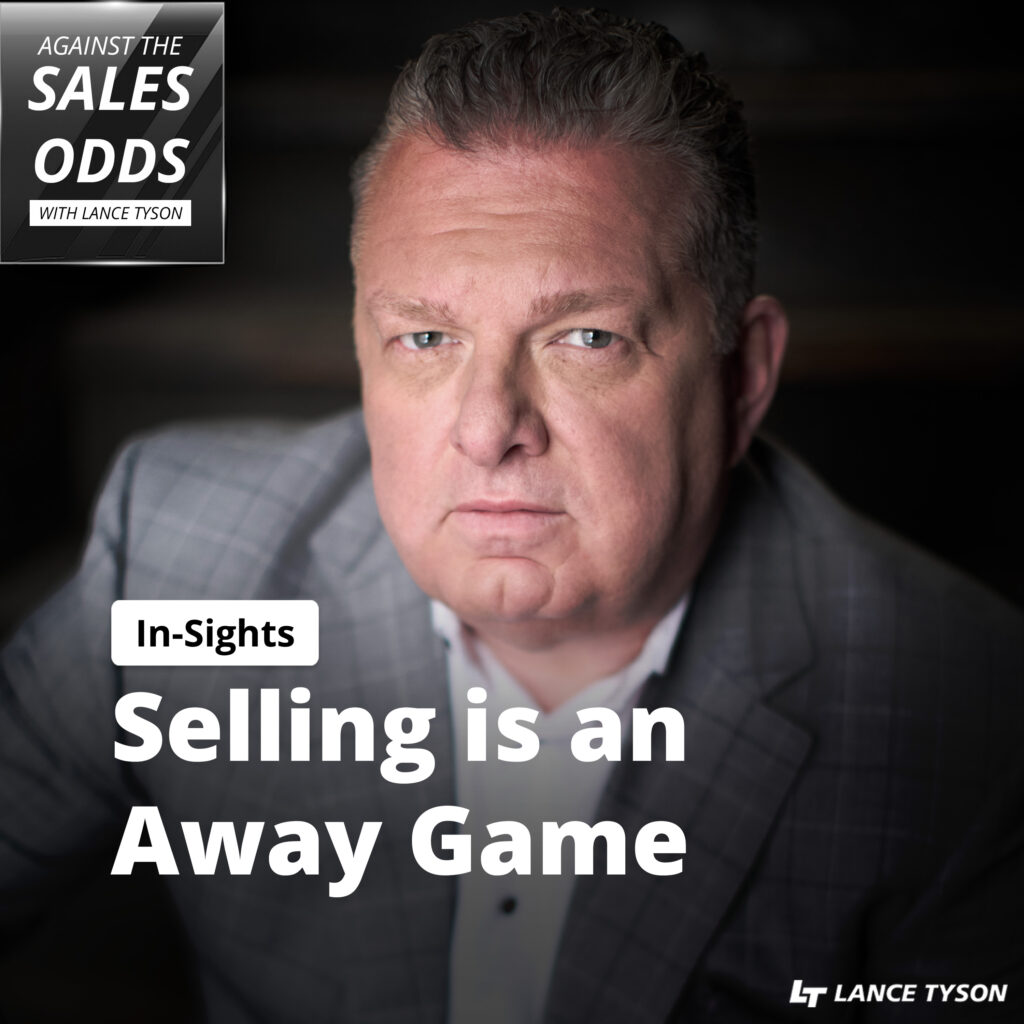This article was originally posted on May 1, 2019 by Lance Tyson in SellingPower
I recently made a visit to the orthopedic surgeon to check in on a shoulder issue. I didn’t walk in the door wanting to sign up for surgery.
After spending a bit of time in the waiting room, I was led back to another part of the office, where a nurse practitioner asked me a number of questions about my health, took notes on my weight, temperature, and blood pressure and interviewed me about my health history. They gathered lots of information about me in order to help the doctor accurately evaluate my condition.
And, all the while, I was evaluating them, too – on the thoroughness of their process.
An Analogy From the Medical Field to Gain a Competitive Edge in Sales
When the orthopedic surgeon came into the room, he took the time to connect with me personally. He immediately developed a rapport with me, just the way most good salespeople are able to do with their prospects. But, beyond that, he established his credibility by demonstrating his expertise and showing me that he had done this before. His questions were focused, and he was clearly asking them in order to understand me better rather than simply waiting to respond.
When the doctor moved into a diagnosis, he had my full attention. His bedside manner, the questions he asked, and the level to which he appeared to be interested in listening to my answers all played a key role in how I reacted to his diagnosis and my willingness to accept that it was accurate. By the time he moved from the diagnosis into a prescription, I was already sold. I could have opted to get a second opinion or go down another path, but he had already gained my confidence through his open-ended questions and the way he skillfully guided the conversation.
Getting to the Right Selling Solution
In today’s complex selling environment, your team needs to make their buyers partners in getting to the right solution. But there’s a common misconception that sales is all about building relationships. In reality, though, sales is about three essential elements: establishing credibility, building rapport, and understanding the prospect’s needs. Relationships are a byproduct.
Everything salespeople say and do, including their appearance, adds or detracts from their credibility. Credibility yields trust and, in turn, improves rapport.
When good rapport is developed, the buyer feels confident sharing more information, which increases understanding. Only when those three elements are established in equal measure can your team achieve the right solution and gain a competitive edge in sales.
Four Things Your Team Must Do to Gain a Competitive Edge in Sales
That’s why the diagnosis step is critical when it comes to transforming indifference into interest in the buyer’s mind. The job of the salesperson is to:
- address the buyer’s doubts,
- establish credibility,
- ask the right questions to get an accurate read on the buyer’s situation, and
- adjust the diagnosis based on the buyer’s input and needs.
Once they get to the correct diagnosis, the next step is to prescribe a solution. The right solution to the wrong problem is worse than the wrong solution to the right problem, so it’s crucial to get the correct diagnosis. In sales we customize the solution as much as possible to the specific needs of the buyer. At this point, the buyer will have lots of questions: What is it? How does it work? Who says so, besides you? Can you prove it? To overcome this doubt in the buyer’s mind, the your salespeople needs to give their buyers exactly the right amount of information, and no more, about the solution.

This is a step-by step process and takes place within a fluid world. It might be possible to cover both the diagnosis and prescription in one meeting, or even a conference call. On the other hand, in a more complex sale, it might take three or four meetings to connect, evaluate, and diagnose – leading to a prescriptive presentation. The pace and complexity of a sale are dictated by the marketplace and the product.
Regardless of the time involved or complexity of the sale, the process and steps remain the same. They can be adapted to suit any situation or customer, but the sequence remains constant.
Want to Know More About Honing Your Team’s Competitive Edge?
To learn more about how away-game selling can give your team a competitive edge in sales, contact Tyson Group here.
Tyson Group received honorable mention in SellingPower’s prestigious list of Top 20 Sales Training Companies in 2018 and 2019 for excellence in sales training. Lance Tyson is a regular SellingPower blog contributor.





